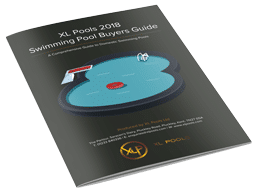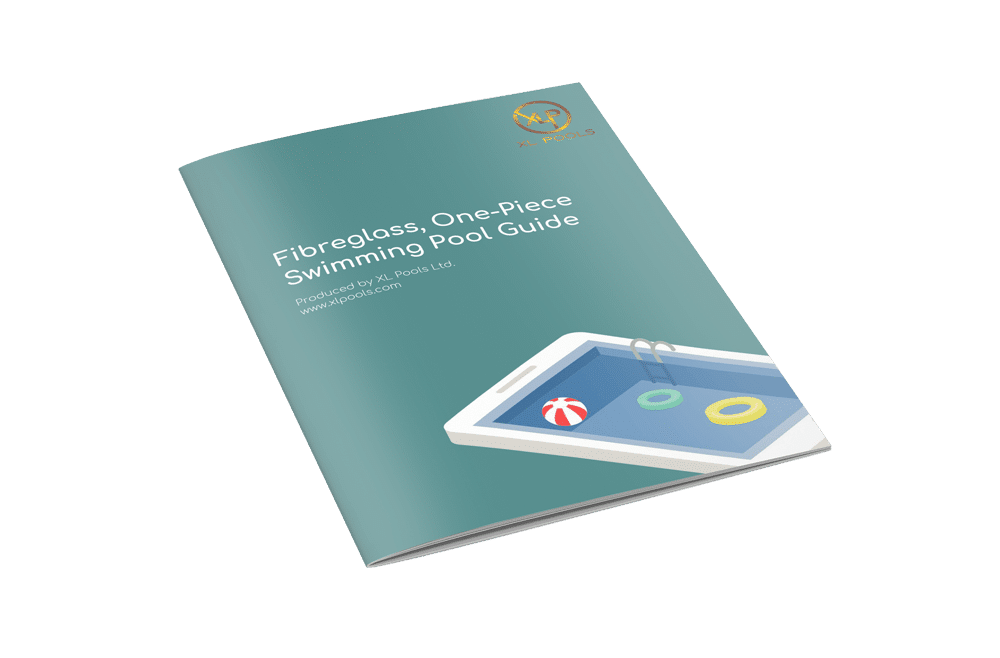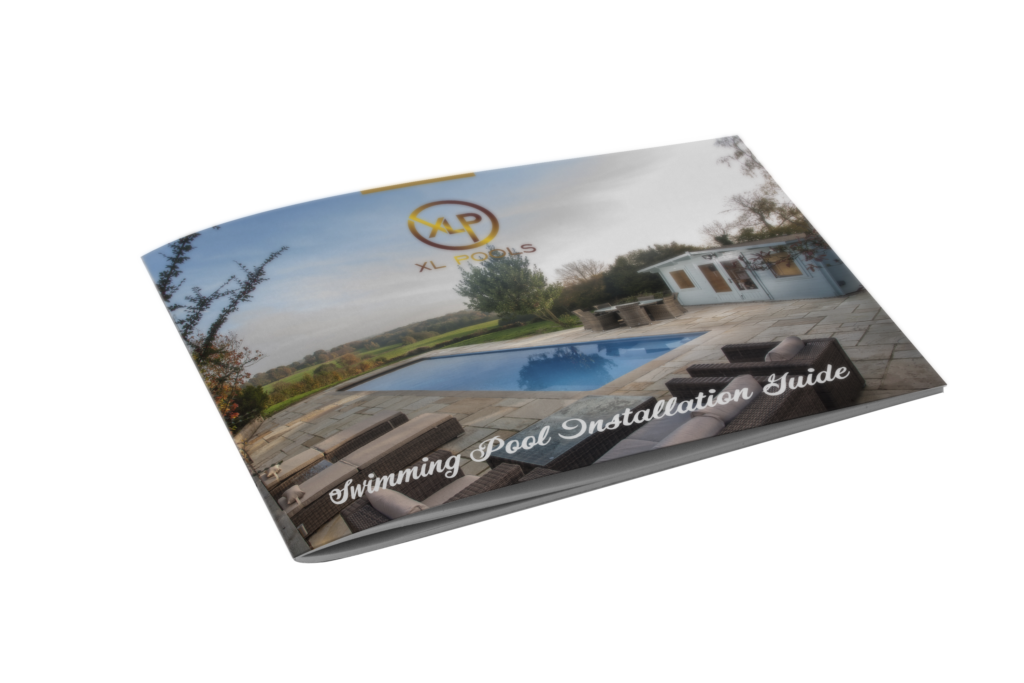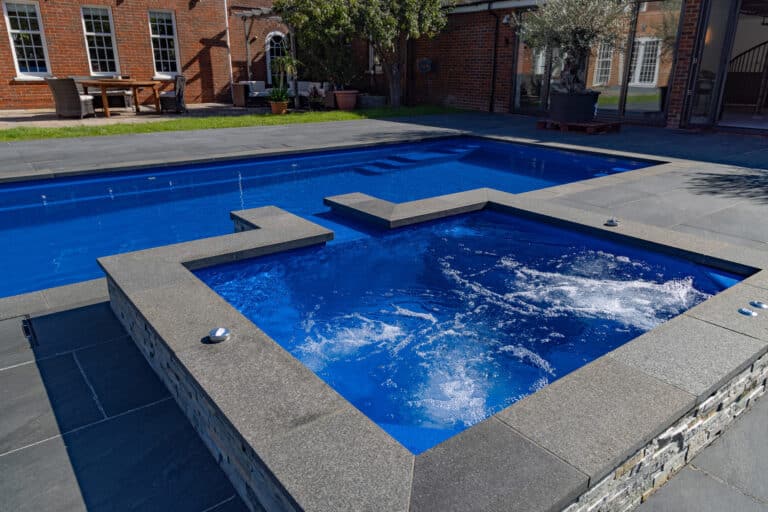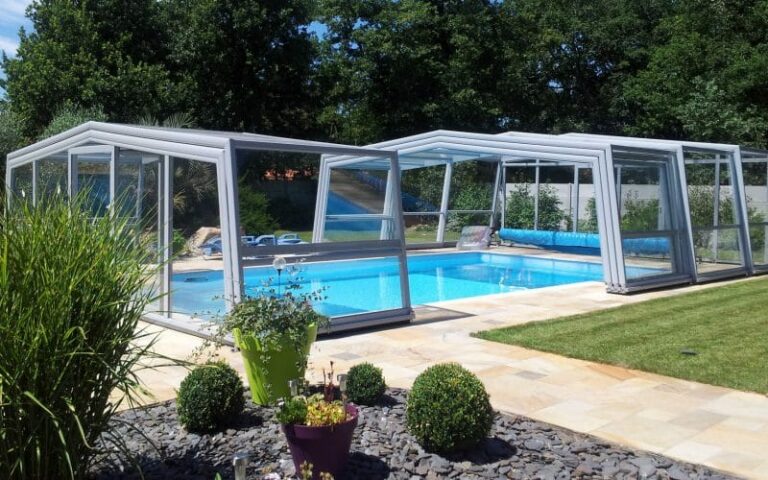Hard water (especially for those of us who live in the south east of England) is a well known problem for kettles, boilers, and washing machines. It is also a problem for your pool water. Maintaining your proper calcium hardness in your pool is critical to the quality of your overall pool health. A high calcium hardness in you water can cause corrosion of the pool plumbing and can even cause scale to build up on the surfaces of the pool making them rough.
What is Calcium Hardness
Calcium hardness is the measure of how hard or soft your pool water is and how much calcium is dissolved in your pool water. The perfect calcium hardness level should be at 150 – 400ppm, ideally getting it between right in the middle of that range.
Testing for Calcium Hardness
Whereas your regular checks for chlorine pH and total alkalinity should be done weekly at the least testing for calcium hardness does not need to be done as regularly. Usually you should check every month depending on the quality of water in your area. If you know the water in you area is hard the it would be best to check every two weeks.
Hard Pool Water
If you test your water and have found the reading to be high (above 400ppm) you may notice your pool water is cloudy. Shocking the pool and using clarifiers will not work in this instance. You may notice the walls of the pool may become rough like sandpaper and you may see sediment on the bottom of your pool.
Soft Pool Water
If you test you water and find that the water is soft and the reading is low (below 150ppm) Your pool water will become corrosive and will start attacking your pool equipment. It can also start to dissolve the concrete in your walls and corrode metal. All of this will cause very expensive repairs so it is best avoided at all costs!
How to Manage Your Pool’s Calcium Hardness
There are a few steps you need to take to properly balance the calcium hardness in your pool.
- Do a thorough clean of your pool. Making sure to brush the walls of your pool, vac the pool and backwash the filter to remove any contaminates.
- Balance your water chemistry by bringing your pH and alkalinity levels to the correct range. Both of the chemicals used to correct imbalances will affect your calcium hardness.
- If after doing these steps your calcium hardness tests at above 400ppm then you will need to lower your calcium hardness levels. If it is below 150ppm then you will need to raise the calcium hardness.
How to Raise Calcium Hardness Levels
Raising your calcium hardness is easier than lowering it. To increase the calcium hardness level in your pool you will need to add calcium chloride to your water. When using calcium chlorine make sure you read the instructions on the package carefully and follow the manufacturer’s guidelines. It is also good to dose the right quantity to ensure best effect. Use a bucket and some scales to accurately measure the amount of chemical you need to dose.
How to Lower the Calcium Hardness Levels
There are several ways you can take to lower the hardness level of your pool water.
- If you know the water from your tap in your area isn’t hard then you can drain part of the water in your pool and refill with fresh water.
- If you don’t have the option or option 1 then your next option is to use a flocculant to bind the excess calcium and filter it with your sand filter. It really helps when doing this to brush the walls thoroughly to lift the calcium deposits from the walls.
- The last option is to use a dry acid to raise the saturation levels in your pool. This won’t reduce your hardness but will bring your water back into balance.
Maintaining a properly balanced water is one of the most difficult parts of owning a pool. Calcium hardness is probably the most difficult to maintain when it get out of range. This is hindered further if you have hard water on tap. However, whist the balance can be difficult, with the right information you can overcome these problems and have a healthy safe pool.

